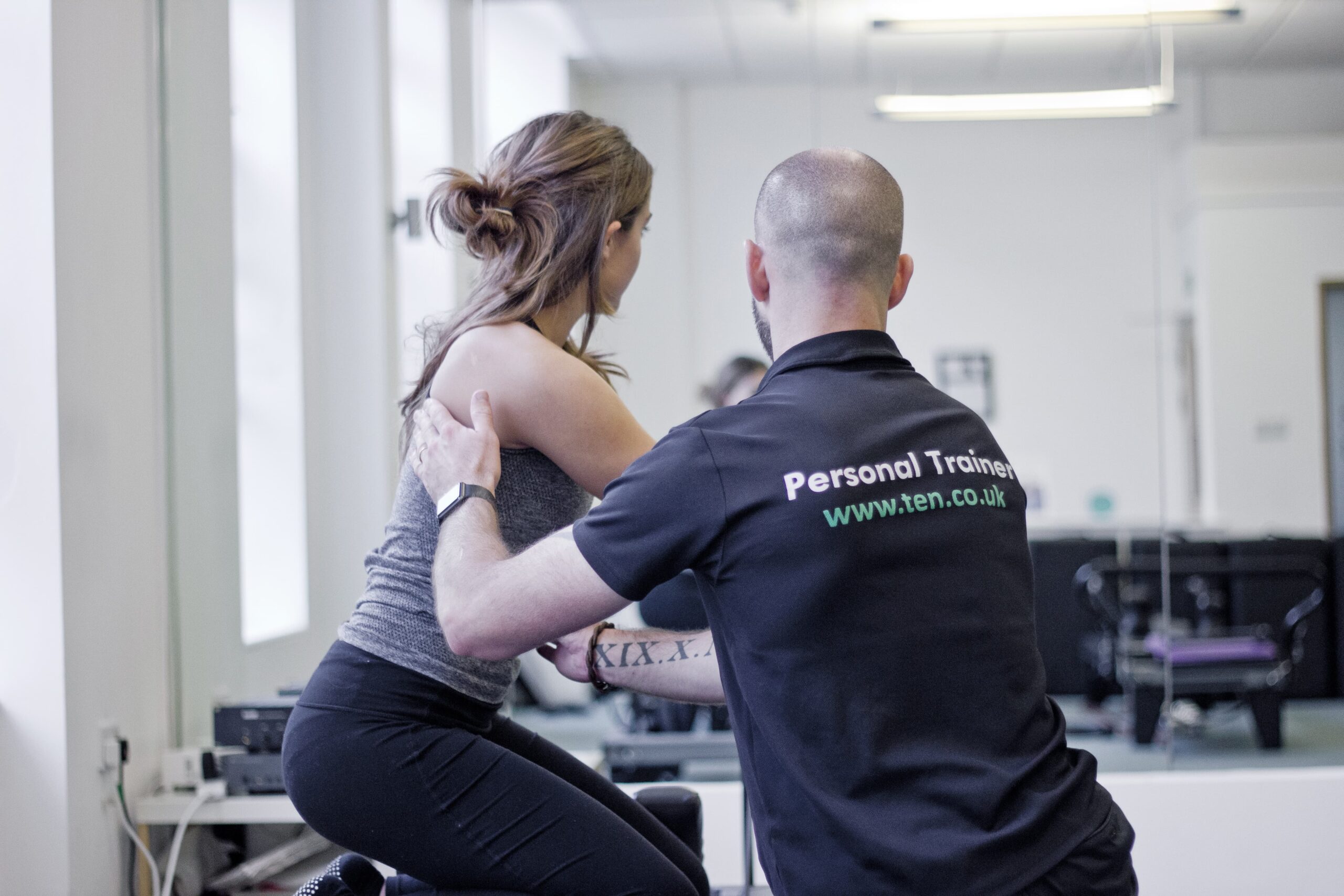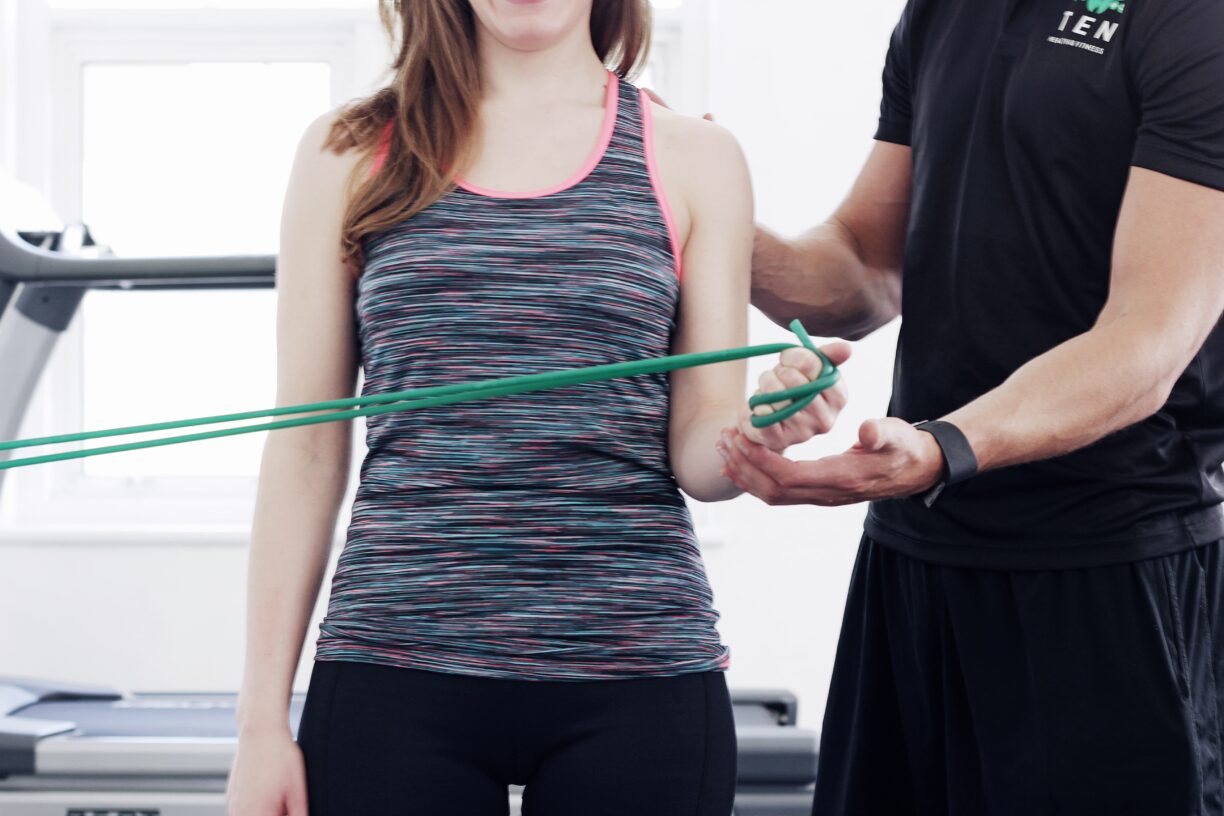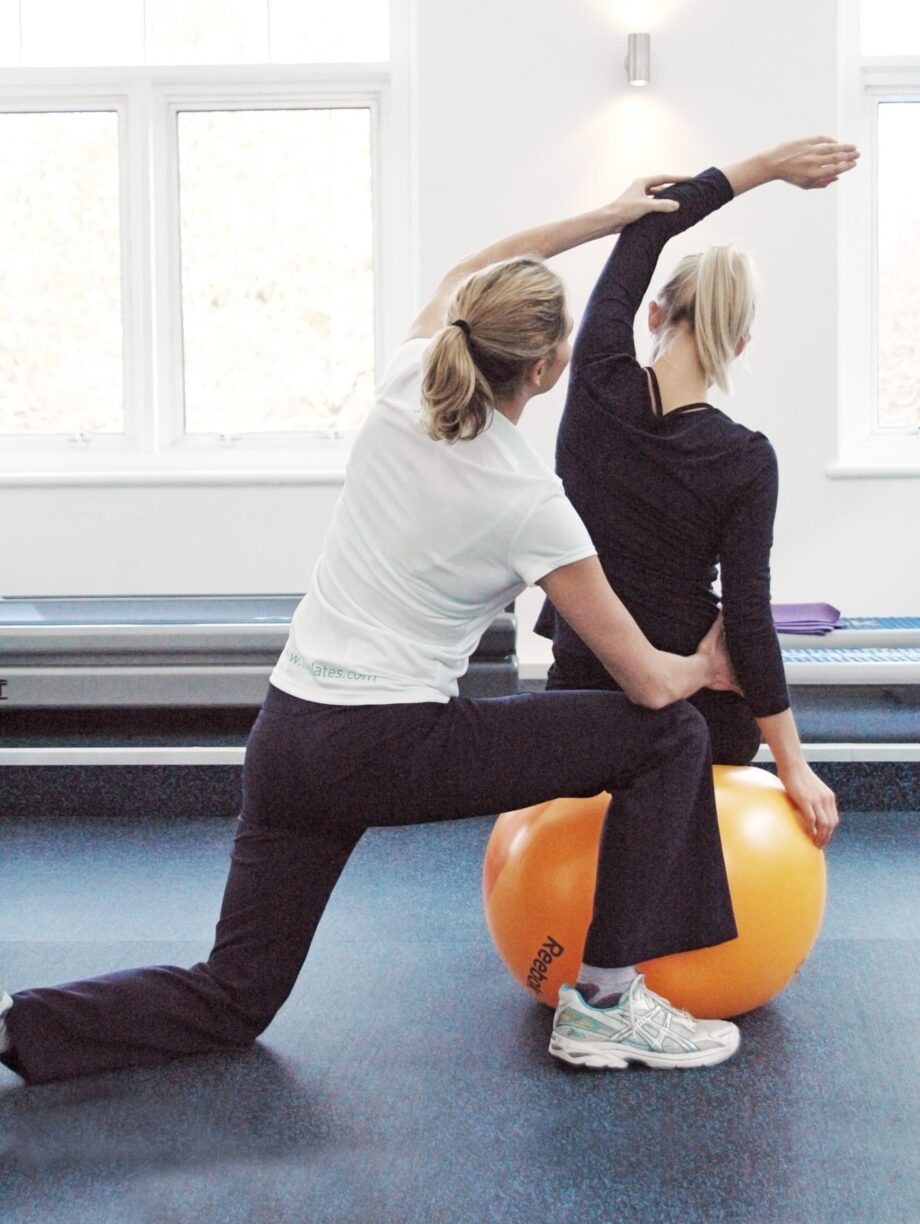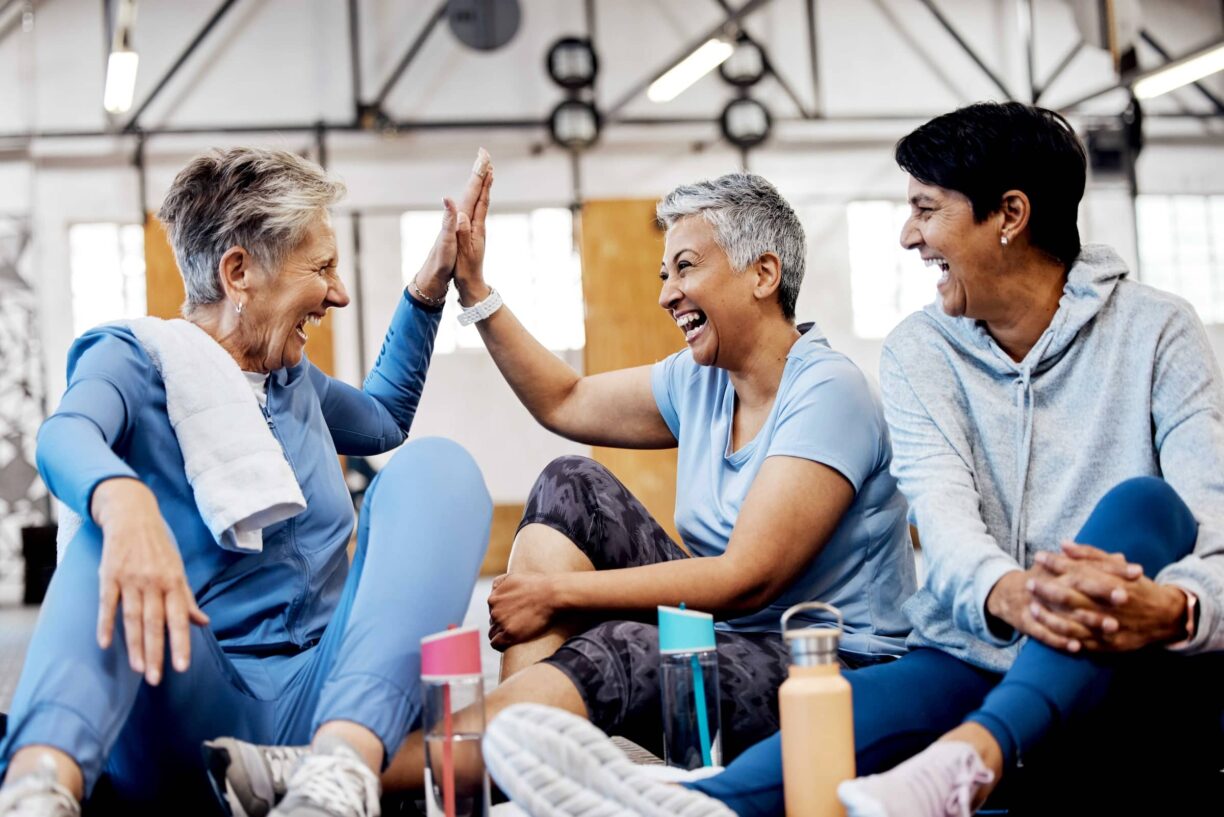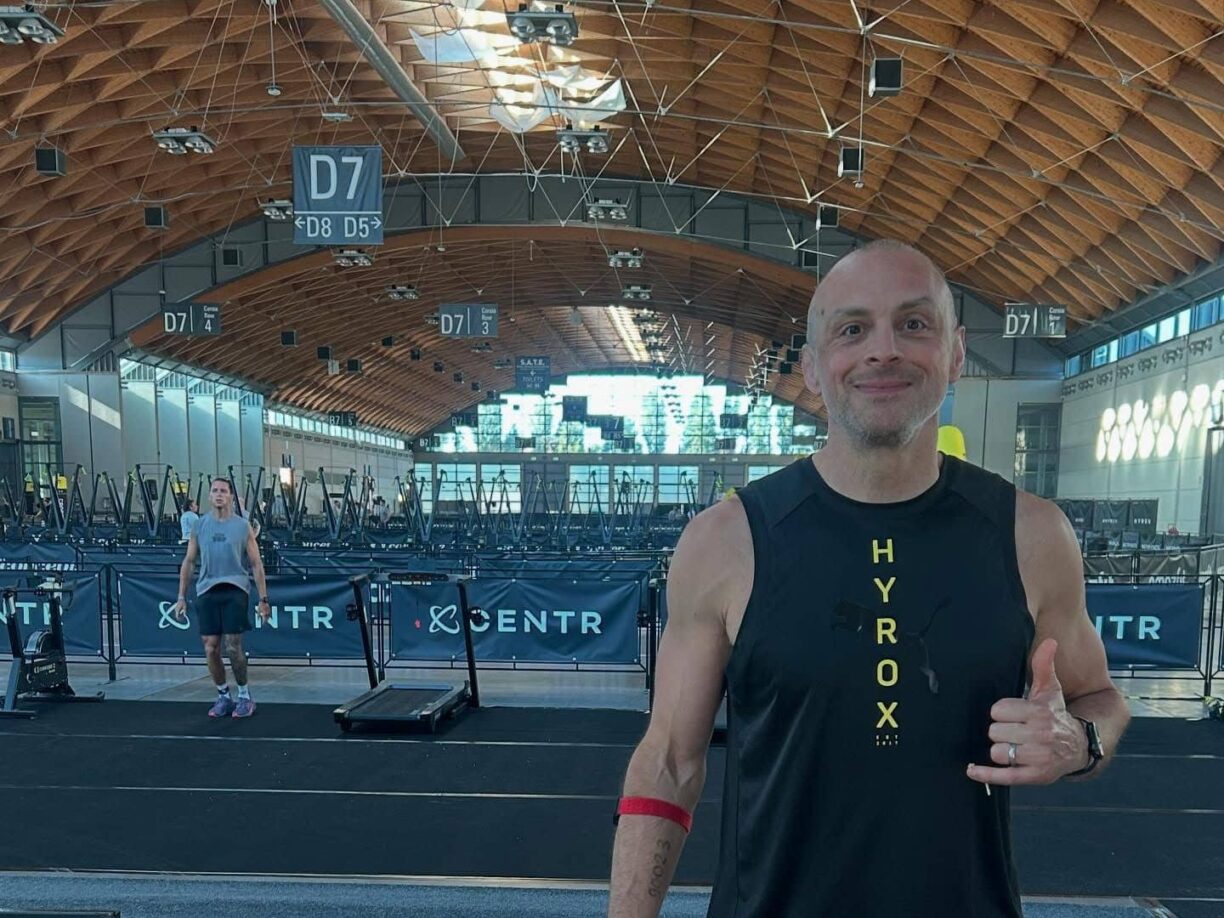It’s a question hundreds of people have been asking Dr’s, PT’s and clinical exercise specialists; ‘When can I exercise again after my positive COVID symptoms?’.
The health and fitness industry has got a monumental task on its hands, as there is no one-size-fits-all approach to this.
With a plethora of fitness apps on the market, it’s important for members of the public to understand that although being active again can help combat lingering symptoms of Covid, it is not necessarily an easy road, and requires patience and support from the professionals.
TenClinical, the clinical division of boutique fitness provider Ten Health and Fitness, launched a Coronavirus Recovery programme in December 2020.
The programme is an evidence-driven and clinically proven recovery and rehabilitation programme specifically designed for those who previously contracted and are still suffering from coronavirus.
It is designed to help reduce the impact of long Covid symptoms and help patients recover faster from its impact.
1) Seek support from a qualified, supervised healthcare practitioner
It is becoming increasingly apparent that Covid affects each person differently. Some people are suffering mildly and recovering quickly, while others are being severely affected and experiencing long term difficulties – a condition that has become known as Long Covid.
Its symptoms vary from individual to individual and can affect people of all ages, with or without pre-existing health conditions. Even young, healthy and active people are suffering badly with Long Covid.
The first piece of advice is, where possible, seek support from a qualified, supervised healthcare practitioner.
Working with an expert will put you in the best possible place to recover from Covid. While we are still learning about the exact effects on the body, Coronavirus has similar effects on the cardiovascular system and lungs to those seen with other, better known, conditions.
Symptoms of these conditions can be addressed and often improved through clinical exercise prescription, as can the same symptoms presenting as part of Long Covid.
A qualified practitioner can set you a personalised plan designed to address your specific symptoms, monitor your vital signs and track your progress to ensure your optimal recovery.
2) Don’t expect to go back to where you were pre-Covid. Reset your expectations
Covid can wreak havoc with your lungs and cardiovascular system. Not only that, if you have spent time in hospital, or been bed-ridden, then you will have spent extended periods of time in positions that are not normal for the body and which can cause significant muscular or joint problems.
You may have been healthy and active before, not thinking twice about walking to the shops or jogging for a bus.
The chances are, what you took for granted before is going to be a challenge now, so reset your expectations and focus on daily little wins.
3) Don’t expect linear progress
We all have good days and bad days, whatever it is we do. The same is true for recovery. You will have days where you feel good, where exercise is easier, maybe the stairs you climb at home don’t seem too much of a problem.
Then the next day you may just walk to the kitchen and it tires you out. Fatigue which you previously recovered from in one day, and therefore wouldn’t notice, can extend into multiple days when you are suffering from an illness.
Accept that recovery will not be a linear progression from illness back to wellness. So long as the overall trend is improvement then don’t worry about the timescale – recovery will take as long as it takes.
4) Focus on wellness, breathing and aerobic capacity
It might sound obvious, but try and get some fresh air and vitamin D. Even a little walk at lunchtime can make a world of difference, especially right now as it gets dark so early.
Focusing on breathing deeply, filling the lungs with oxygen, and getting the heart pumping, will help a lot.
The heart and lungs are the organs hit hardest by Coronavirus, so improving their function is the biggest opportunity to reduce the level of fatigue you’re experiencing.
The more oxygen you can get into your lungs, and have that travelling around your body, the better.
5) Take the pressure off yourself and listen to your body
Think of the recovery process as a marathon not a sprint. It’s really important to take pressure off yourself and give yourself a break.
Not being able to do the things you want to can be incredibly frustrating, but recovery can be a long process. Your fitness and mobility will come back – but it’s important to give the process time.
Some simple stretching and mobility work can improve blood flow, help improve posture and reduce tension.
Listen to your body too, if it needs some rest, give it rest, and don’t be hard on yourself for doing so.
Further information on TenClinical’s Covid Recovery programme
Long Covid symptoms and severity vary from person to person, but commonly include diminished lung function, heart problems, muscle and joint disorders and chronic fatigue.
It can also exacerbate underlying health issues, including heart disease, diabetes, musculoskeletal and mental health conditions.
As with all the clinical exercise programmes, each Long Covid programme is designed around each individual client’s symptoms, condition, health and exercise history, along with a number of other factors.
It is carefully prescribed, science-led, and delivered by highly qualified and trained Clinical Exercise Physiologists.
Although the recommended plan will vary significantly depending on the severity of the virus suffered and the post-viral symptoms to be addressed, common elements will include:
• Comprehensive COVID19 specific initial assessment of pulmonary, cardiovascular and muscular levels/strengths
• Continued management of heart rate response to exercise
• Blood pressure management
• Management and supervision of respiratory response to exercise
• Tailored and prescribed exercise plan including resistance and aerobic based exercises
• Frequent reassessments monitoring progress

